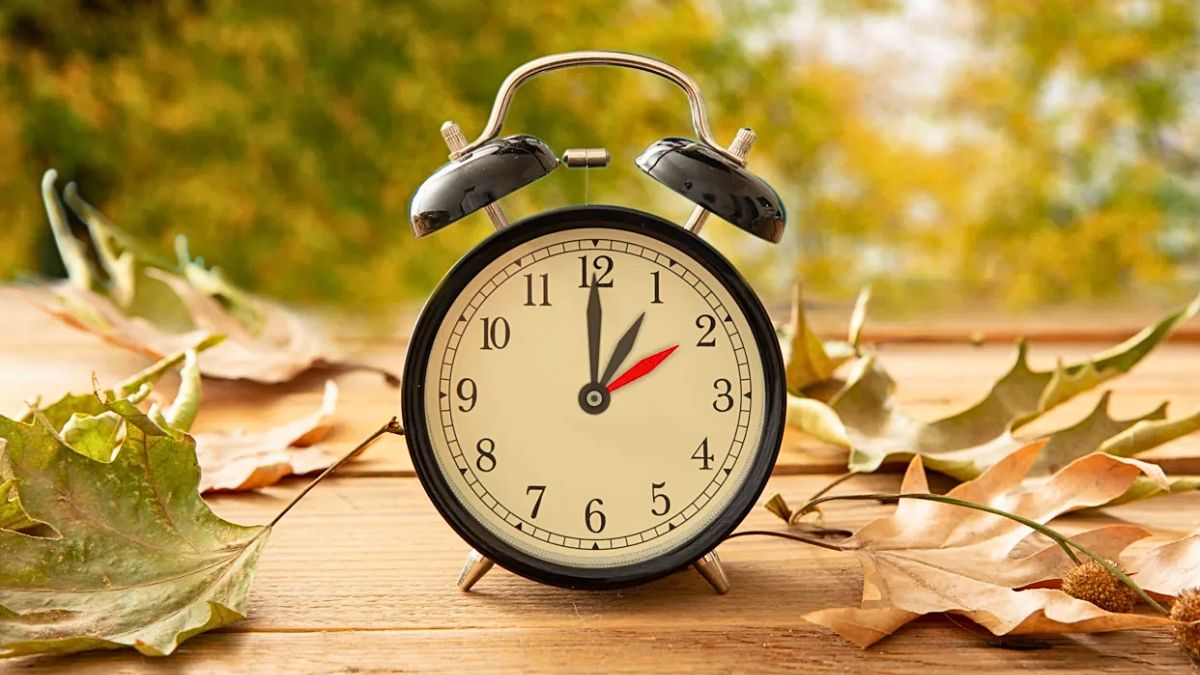The clocks are falling back again, and while it might seem like a small shift, it can throw your whole routine out of sync. With the end of Daylight Saving Time coming up on Sunday, November 2, 2025, it’s all about easing into the transition without losing sleep—literally or figuratively. That one extra hour may feel like a gift, but the body and brain still need help adjusting. Let’s cut into what’s changing, how it impacts your life, and how to make the most of it.
Table of Contents
Schedule
In the U.S., Daylight Saving Time ends on the first Sunday of November. This year, that’s November 2—one of the earliest possible dates. At 2:00 a.m., clocks roll back one hour. Most people set their clocks before bed on Saturday night.
Digital devices like phones and smartwatches update automatically, but old-school clocks, car dashboards, and kitchen appliances won’t. So, double-check everything to stay on time.
The upside? You get an extra hour of sleep. But there’s a catch—your internal clock doesn’t flip as easily as your wall clock.
Effects
Gaining an hour sounds great—until your body starts resisting. Brighter mornings feel nice, but it gets dark sooner, and that shift messes with your rhythm. Your evening workout might now be in the dark. Dinner and bedtime routines? Thrown off too.
This sudden change can cause fatigue, brain fog, and mood dips—especially for night owls and kids. Some people may even experience symptoms of seasonal affective disorder (SAD) as days get shorter. Studies show that while the fall time change is easier than spring’s “spring forward,” it still affects sleep patterns, alertness, and overall energy.
Health
Your sleep hygiene takes a hit if you don’t plan ahead. Start going to bed 15–20 minutes earlier a few days before the change. Keep wake-up times consistent—even on weekends—to help your body catch up.
Use light strategically. Morning light tells your brain it’s time to wake up, while dimming lights in the evening signals it’s time to wind down. Avoid screens close to bedtime and limit late caffeine to fall asleep faster.
Short naps can help—just don’t go over 20 minutes. And don’t forget to move your body daily. Exercise and sunlight are a combo that resets your internal clock and boosts your mood.
Safety
The time shift also brings safety concerns. More evening darkness means reduced visibility for drivers and pedestrians. If you’re walking or biking, wear something reflective. Plan errands or activities for earlier in the day to avoid nighttime hazards.
It’s also a great reminder to do a home safety sweep. Change the batteries in smoke detectors and carbon monoxide alarms. According to fire safety experts, non-working alarms are one of the top causes of home fire deaths. It’s a quick task that could save lives.
Rules
Not everyone changes their clocks. Arizona (except for the Navajo Nation) and Hawaii don’t observe Daylight Saving Time. Neither do U.S. territories like Puerto Rico and Guam.
While there have been calls to make Daylight Saving Time permanent—like the Sunshine Protection Act passed by the Senate in 2022—it hasn’t become law. Experts remain divided. Some say keeping clocks the same all year avoids disruption. Others warn that permanent Daylight Saving Time could cause long-term health issues due to reduced morning light exposure.
Prep
Before bed on Saturday, November 1, do a quick clock check. Set analog clocks back one hour. Use this transition as a trigger to build better sleep habits—dimmer lights, a cooler bedroom, and no late-night snacks.
Here’s a quick prep checklist:
| Task | Why It Matters |
|---|---|
| Set clocks back 1 hour | Stay on time Sunday morning |
| Check smoke detectors | Boost fire safety at home |
| Adjust sleep schedule early | Avoid sleep disruptions |
| Get morning sunlight | Helps reset your internal body clock |
| Limit screen time before bed | Encourages melatonin and better sleep |
These steps will help your body reset and your home stay safe—no stress, no surprises.
FAQs
When does Daylight Saving Time end?
On Sunday, November 2, 2025, at 2:00 a.m.
Do all states change their clocks?
No, Arizona and Hawaii don’t observe the change.
Does the time change affect sleep?
Yes, it can disrupt your sleep and mood temporarily.
Should I change smoke alarm batteries now?
Yes, it’s a good safety habit during time changes.
How can I adjust easier?
Shift bedtime early and get morning sunlight.










